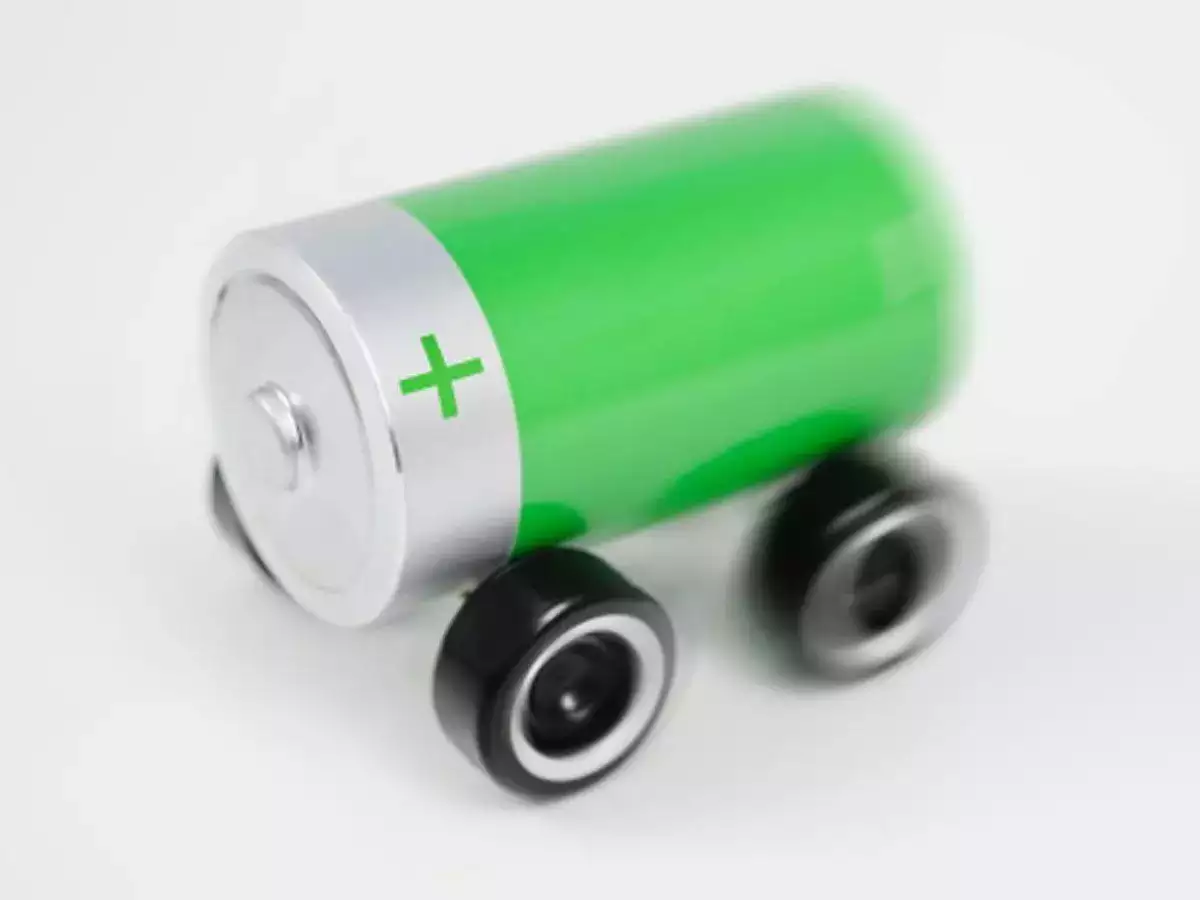
Traditional methods of ripping materials out of the ground and refining them for battery backs requires enormous amounts of energy. As a result, the initial carbon footprint of an EV is higher than a comparable internal combustion engine vehicle.Those upfront emissions are paid back over time with the superior efficiency of electric motors, leading to a 70% reduction in total emissions over the average life of the vehicle.
In the US, it takes about 25,500 miles (41,000 kilometers) of driving for an EV to break even, according to a Bloomberg NEF analysis. That payback figure, however, assumes that every EV is made with newly mined lithium, nickel and cobalt - as if all the materials will end up in a landfill at the end of a vehicle's life. But that's not what's happening. EV batteries are simply too valuable to toss out, and a new industry of recyclers is busy snatching them all up.
Though still in its infancy, EV recycling is already profitable and capable of recovering more than 95% of the key minerals. A new analysis by Stanford University researchers, which is still under peer review, found that Redwood Materials' recycling process produces up to 80% fewer emissions than the traditional supply chain using CO2 belching refineries. That's enough to shorten an average EV's environmental breakeven time with an internal combustion vehicle to less than 15,000 miles.
Clean electricity matters
Fully assessing when an EV hits its breakeven point depends on the source of electricity used for battery manufacturing and charging the vehicle. Cleaner electricity means a shorter payback period, but even in regions that still get electricity from coal, EVs eventually win out.
The Stanford report found that recycling batteries used 79% less energy and resulted in 55% fewer CO2 emissions compared to traditional refining. Additional savings come from keeping the recycling supply chain local compared to the globe-circling refining process for freshly extracted minerals. Closing the loop brings the total CO2 savings to 80%.
Disclaimer: The copyright of this article belongs to the original author. Reposting this article is solely for the purpose of information dissemination and does not constitute any investment advice. If there is any infringement, please contact us immediately. We will make corrections or deletions as necessary. Thank you.





